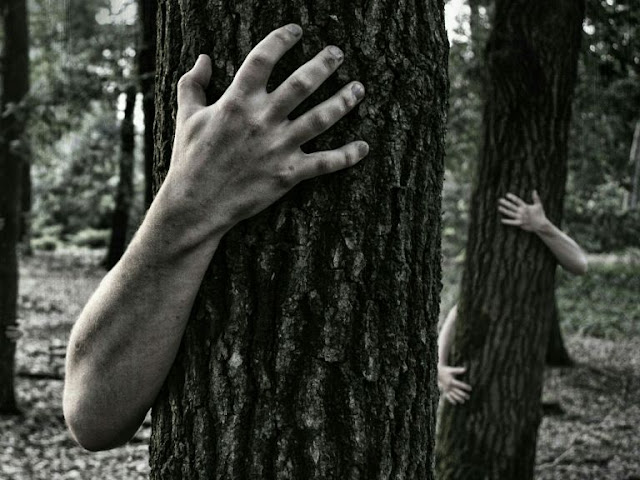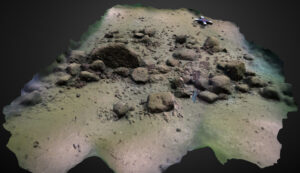Alien Hand Syndrome: When your own hand becomes your enemy
When they say idle hands are the devil’s playthings, they weren’t kidding. Imagine lying in bed sleeping peacefully and a strong grip suddenly envelopes your throat. It’s your hand, with a mind of its own, a disorder called Alien Hand Syndrome (AHS) or Dr. Strangelove syndrome.

The term is used for a variety of clinical conditions where a person experiences their limbs acting seemingly on their own, without control over the actions, and most commonly affects the left hand.
It typically occurs in some cases after neurosurgeries where the two hemispheres of the brain have been surgically separated, as well as strokes, infection, tumour, aneurysm, migraine, brain injuries and specific degenerative brain conditions such as Alzheimer’s disease and Creutzfeldt–Jakob disease.
Alien Hand Syndrome sufferers are in a constant battle for control of the actions of their own limbs. The disease was first identified in 1909 and luckily actual cases are so rare as to barely be a statistic, there have only been 40 to 50 recorded cases since its identification and it’s not a life-threatening disease.
Unfortunately the rarity and non-threatening nature of Alien Hand Syndrome has led to lack of quality research and hard data, resulting in a condition that’s largely mysterious. Therefore, there is still no cure for this weird neurological disorder. The best option is to keep that hand as busy as possible. However, a recent study have uncovered new clues that help pinpoint the part of the brain that is active during AHS episodes.



